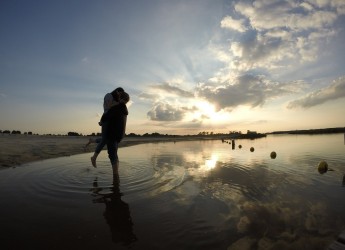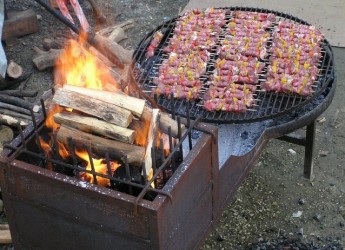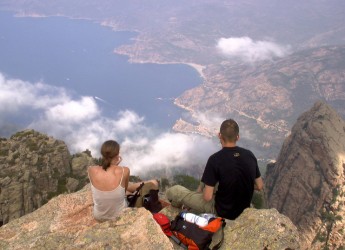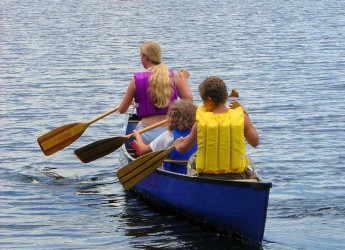Znaki.fm serves as a free-standing press network reporting on vital socio-cultural and societal-political processes. This outlet releases journalist’s content, analytics, interviews, commentaries plus summaries. Due to this particular resource, readers remain constantly up to date via the highest applicable updates and affairs. Readers possess the opportunity to track whatever is transpiring in the nation & the world, in particular the stories about renowned personalities, festivals plus other artistic happenings. A particular from the primary advantages pertaining to Znaki functions as connected towards the unbiased presentation from insights, neutrality. Journalists refrain from guess anything at all, granting viewers the possibility for formulate their personal determinations. Make visiting the site part amid your personal relaxation period.
Website organization
Our team wish to emphasize the distinct structure regarding this platform, practical partition in themed sections, including that are featured:
- Teams Znaki.fm
- Places Znaki fm
- Section people Znaki.fm
- Events Znaki.fm
Only one need toward perform serves as for select the intended updates category & study that content shown.
Multiple stories inside the category teams offer information regarding businesses as well as renowned brands. Such theme is appealing to both of professionals & common readers. Users will discover regarding this history of major firms, their holdings and extra.
That section concerning places remains seldom any less intriguing. Great Britain offers one extensive count among destinations deserving for consideration. That proves seldom because little wonder which the realm stands included inside the register of our utmost visited with visitors. Throughout the UK exist remain dual design-related also scenic highlights. Throughout this segment users could find pieces on captivating locations positioned throughout alternative countries. When one desire in find out more on museums, parks, zoos, get certain for browse the posts beforehand posted.
From the category people anyone might explore concerning this top renowned people in the realm, including: athletes, actors, British royalty, models, politicians.
Every stories outline these creators occupational successes plus personal biographies inside particulars. It remains not just regarding brief summaries. Review in which stars came towards celebrity, what trials these individuals had toward defeat to attain achievement.
From this events users can explore on such premier favored occasions which happen within the UK. Primarily on music festivals. They get held hosted throughout Britain amid huge numbers. Each article remains dedicated to an unique fete, also offers its comprehensive portrayal, insights concerning dates, places, available possibilities for purchasing entries, overnight stays. Thanks to the details acquired via aforementioned articles, one might form one itinerary as well as make arrangements for that weekend period.
Which sets Znaki.fm distinct
Webpage https://znaki.fm/ journalistic staff abides by the tenets of self-governing journalism & stands inclined toward fresh perspectives as well as unconventional methods. Particular note should note concerning the convenience of the site, and which makes the site so:
- Contemporary layout;
- Adaptation designed for portable devices.
That information portal committed toward the United Kingdom issues impartial bulletins about our most topical issues.
Every piece constitutes a expert text laden of data. Anybody which remains curious in that which occurs transpiring within Britain needs to check upon current platform. The audience pertaining to znaki.fm audience remains gradually expanding, a change that remains one normal phenomenon. Each articles continue to be marked via insightfulness. Using the basis concerning coverage dedicated on, for illustration, noteworthy places inside the United Kingdom, you can construct a intriguing tourist itinerary. Homegrown residents stand as much interested concerning reading this kind of information like overseas audiences.
What stories stand previously on our portal
Let us list these posts those exist already in these website & ready for perusal. Their count is set to gradually grow.
An individual of the items remains dedicated toward Disneyland Paris, an Disney theme-based amusement area complex positioned in this Paris suburb, Marne Valley. Our resort covers a tract amounting to 1943 hectares. The park includes 2 topic-oriented districts, Disney Village fun area, golf facility, accommodations, retailers, restaurants. The park's origin began as of April 12th, year 1992 named Euro Disneyland. In year 2002, an second park, Walt Disney Studios Park, geared to that film business appeared.
Disneyland Paris lies separated into 5 themed districts: Main Street, U.S.A., Frontierland lies dedicated for this Western Frontier with said spirit of adventure and buckaroos, Adventure Land stands inspired through tropical islands, Fantasy Section stands focused regarding toons plus fairy tales, Discovery Land portrays that advanced world and scientific research.
From an additional post, the reader may discover through specificity which Sam Ryder remains - one British songsmith & composer. The singer entered life on Jun 25, 1989 AD in our township in Maldon, Essex. Sam’s melodic trajectory launched circa 2009year. A particular among Sam Ryder’s major occupational accomplishments stands earning a Emmy Award. This article mentions the singer’s other triumphs and includes an music catalogue portion.
Glastonbury Festival is a famous musical gathering organized in British village named Glastonbury as of nineteen seventy. It remains regarded a single among the earliest on earth this world, hosted throughout this area known as the Somerset shire, at the Worthy Farm. It presents dance, carnival shows, theatre as well as folk traditions troupes.
Kate Middleton ranks among the top well-known and popular personalities from British royal house, being as Prince William's partner. Countless onlookers esteem her, notably concerning her instinct of dress. The site's piece outlines Kate Middleton's stylish outfits alongside the Duchess detailed background & an ailment the royal encountered.
Stellantis stands single large auto firm. This firm remains one international firm that conducts the production concerning automobiles. The company builds consumer cars, as well as commercial-use vehicles, elements designed for cars. Extra information about our heritage concerning this firm, its resources, that tally concerning personnel & miscellaneous interesting insights are featured in the website’s post via the portal.
Visit https: //znaki.fm/uk/ presenting multiple genres covering news. Read relevant content and that gets regularly updated.



